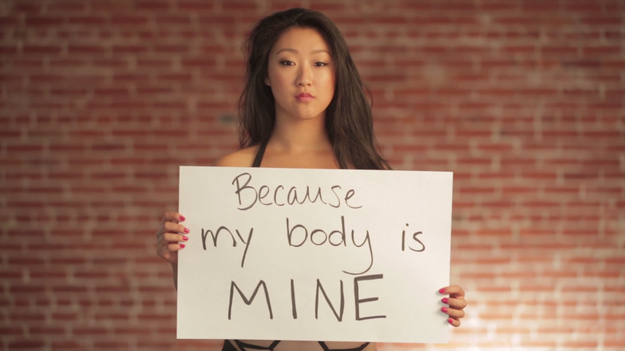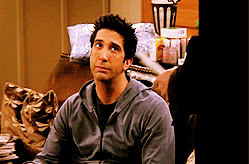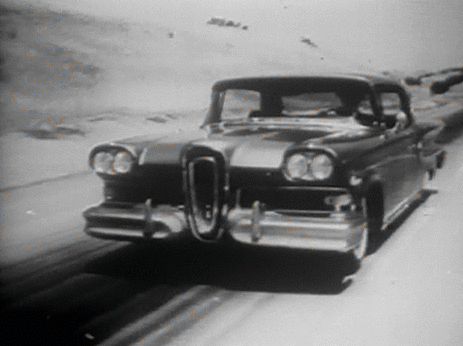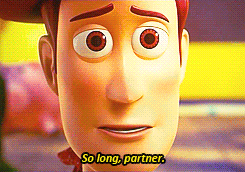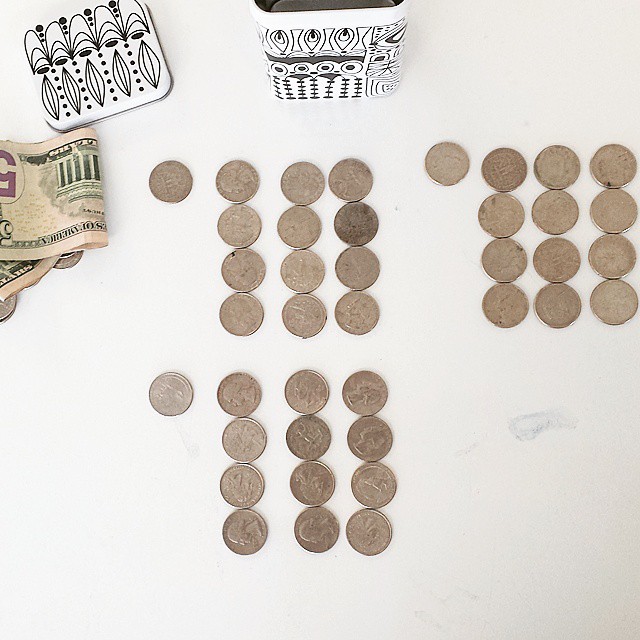It’s Mine
I’ve read numerous articles lately discussing the very important issues of sexual violence and sexual exploitation. Any act of sexual violence or exploitation is absolutely, 100%, totally, and entirely wrong, and, in my book, anyone who works to combat these serious evils is working towards a very noble cause. However, in several of these pieces I’ve seen a recurring theme: that is, that a woman’s body belongs to HER, and no one should do anything to infringe on her physical autonomy.
Now, there are several reasons the idea of physical autonomy is so central to this cause’s message, one reason among them is the historical and present reality around the globe that in many cases, legally, a woman’s body was and is not her own. There also remains the tragic idea in some people’s minds – especially victims of sexual and other abuse – that they have no physical or psychological autonomy. I certainly don’t want to undermine or belittle that reality, but I do want to merely address the intoxicating idea in our society that what we have – everything from our time to our bodies to our money – is our’s and our’s alone.
This theme of independence and autonomy is seen throughout our culture in various ways; we see it every time an advertiser tells you, “It’s your money, do what you want with it,” or “It’s your life, fill it as you wish.” These messages are everywhere, and while it is incredibly important to impart self-worth in vulnerable or victimized people, such autonomy can only go so far before it is harmful and just plain false.
As Against
In law we learn that rights are not absolutes: it’s not a simple case of “Do you have this right, or don’t you?” Rather, we speak of rights in terms of “as against,” as in, “As against whom would you win in a fight for this right?” To understand this, imagine when you were a kid, and would race your sibling to the car in order to get the front seat. If you get there first, or call “shot gun” at the right moment, you could win the right to that front seat as against your sibling. However, if you pick up Grandpa on the way, mom is going to insist you give the front seat to him, and you lose the right the seat as against Grandpa. Grandpa has a superior right than you to that front seat, and he wins.
A community
What does this all have to do with autonomy? First, when we take the idea of individual autonomy too far, and assume all our rights are absolute, we can lose the very real fact that we are a part of a community. While we certainly do have certain rights over our bodies, our minds, our money, and our lives, sometimes those rights become subject to another individual’s similar rights. We cannot forget that our actions are not our own. Collectively, we have to give up this idea that everything is just for ourselves, that it doesn’t matter to anyone else, and that no one else has a right to even ask you to change your behavior or heart. Because they DO affect other people: your racism, your love of debt, your sexuality, your addictions, your hatred, your struggles, your gluttony, your self-indulgence. Your actions, even behind closed doors, have far-reaching consequences, beyond what we can even imagine.
A creator
The second reason we cannot take the idea of autonomy too far is that we are also subject to our Creator. Fair market value is defined by the IRS as the price paid by a willing buyer to a willing seller, under no compulsion to buy, with adequate knowledge of material facts. Your value is defined as what someone would pay for you. Jesus, with full knowledge and without any compulsion to buy, paid his life for me. I am worth his life, and therefore I owe him mine. (His purchase, by the way, comes with privileges and protection beyond your wildest dreams.) I don’t get to do whatever I want, I have been bought and paid for and therefore my rights are not absolute as against my Father: He wins, always.
As one final thought, I leave you with this scene from the TV show Parenthood. This is my favorite scene in the entire series, and illustrates both that our actions have a very real affect on those around us, and that we owe everything we have to someone else. In this scene, Amber, a recent high school graduate struggling with finding her direction as a young adult, has recently gotten into a serious car accident while driving recklessly under the influence. She is taken to see her car with her very loving grandfather, who gives her a speech a lot of people should hear.
In case that doesn’t work, you can watch the clip on Hulu here: http://www.hulu.com/watch/233852
–debarbibee
